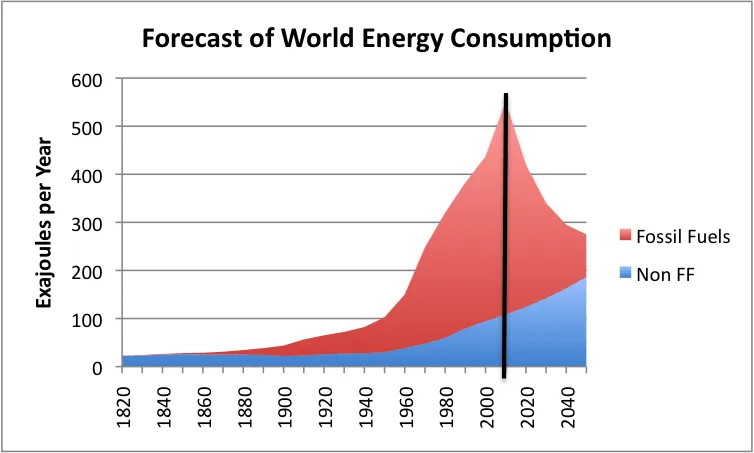Can Renewable Energy Last Forever?
PUBLISHED
- February 3, 2023
- 5:20 pm
PUBLISHED
- February 3, 2023
- 5:20 pm

Renewable energy sources are the future of energy production. With the world’s increasing population and our growing energy consumption, the use of fossil fuels is no longer a viable solution. The need to find alternative, sustainable sources of energy is now a priority. In this article, we’ll take a closer look at the endurance of renewable energy sources and how long they can last.
LIKE THIS
What Is Renewable Energy?


First, let’s define what we mean by “renewable energy.” Renewable energy is energy that is produced from natural resources that are replenished on a human timescale. Examples include solar, wind, and hydro power. Unlike fossil fuels, these sources do not run out, making them a sustainable solution to the world’s energy needs.
The factor which determines the endurance of a renewable energy source is its capacity. The capacity factor refers to the amount of energy produced compared to the maximum energy that could be produced if the source were operating at full capacity 24/7. For example, solar panels have a capacity factor of around 20-30%, which means that they are only producing energy for a portion of the day.
Despite the lower capacity factor, renewable energy sources have a much longer lifespan than fossil fuels. Wind turbines, for example, can last over 20 years. Solar panels can last even longer, with some models maintaining function for 25-30 years with proper maintenance. In contrast, fossil fuels such as coal and oil have a much shorter lifespan, since the energy they produce is not replenished after use.
Meeting The World's Energy Needs


Another factor that contributes to the endurance of renewable energy is scalability. Unlike fossil fuels, which require large-scale infrastructure such as pipelines and refineries, renewable energy sources can be scaled to meet the energy needs of communities of any size. This scalability allows renewable energy sources to be deployed in remote and rural areas, providing access to energy for communities which previously lacked it.
The world’s demand for energy is continuously growing, and renewable energy sources have the potential to keep pace with this demand. In recent years, advances in technology have led to a decrease in the cost of renewable energy, making it more accessible and affordable for communities around the world.
In terms of impact, renewable energy sources do not emit harmful greenhouse gases, unlike fossil fuels. This not only makes renewable energy more sustainable, but it also helps to mitigate the effects of climate change, which is a pressing issue facing the world today.


The endurance of renewable energy sources is a complex issue, but the evidence points towards a bright future for clean energy. With advancements in technology and a growing demand for sustainable solutions, renewable energy sources are poised to play a major role in meeting the world’s energy needs for generations to come.









